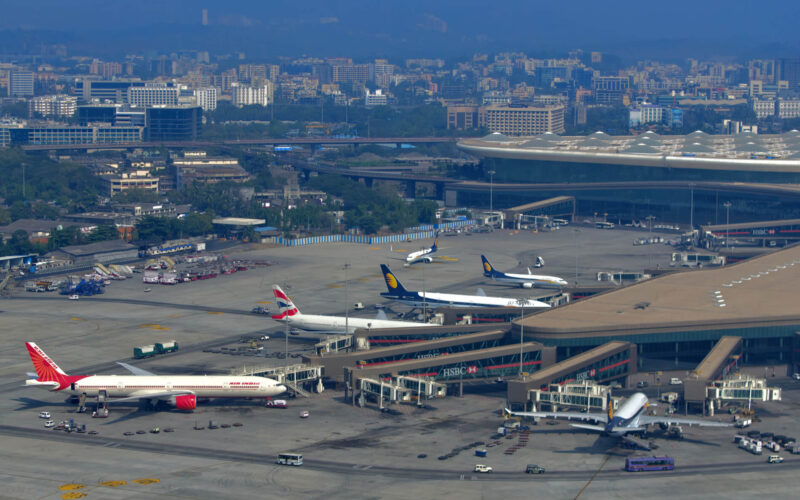One of the fastest recovering markets might see a full domestic flight recovery soon, but it is still subject to limitations imposed by the Indian government.
On February 12, 2021, the Indian government increased the upper and lower airfare limits for domestic flights between 90 to 120 minutes. The lower cap has been increased to Rs 3,900 ($54) from Rs 3,500 ($48) whereas the cap on the highest price has been raised to Rs 13,000 ($179) from Rs 10,000 ($137). India’s Civil Aviation Minister Hardeep Singh Puri said that eventually the price controls would be eliminated as the domestic market was getting closer to full recovery.
“The floor and ceiling price was an extraordinary measure which was necessitated by an extraordinary situation which we found ourselves in. It is designed to ensure that airlines in a situation of limited availability did not charge exorbitant prices. It is not our intention and can not be in an open market deregulated situation to have the fare band made a permanent feature,” said Puri.
However, the 80% airline capacity limit, set in December 2020, has been extended until March 2021. This means the Indian airlines will have to limit the frequency of their planned winter routes as they will not be allowed to operate more than 80% of their approved schedules.
The capacity cap will be a roadblock for the airlines that have been growing their domestic network as demand picks up. For example, IndiGo was planning to expand its regional connectivity and open seven new regional bases across the country from February to May 2021
The airline might need to curb its excitement, as the capacity cap has not been lifted.
On the contrary, airlines with a weaker balance sheet like SpiceJet and GoAir, which can not increase their fleet size immediately, asked the government to defer the decision on lifting the capacity cap. “A few airlines said that allowing full capacity will create pressure on them and may even lead to bankruptcy. That’s why we are treading cautiously,” said a government official.
After two months of almost no flights due to the pandemic, India’s domestic passenger services were resumed on May 25, 2020. However, the airlines were imposed to operate only up to 33% of their pre-COVID domestic flights.
Initially set to end on January 31, 2021, India’s international travel ban was extended until February 28, 2021. For now, only arrivals from 24 countries, which are in bilateral travel bubble agreements with India, are allowed. According to Puri, the international passenger traffic fell by 90% in the March-to-December period of 2020, compared to the numbers of 2019.

